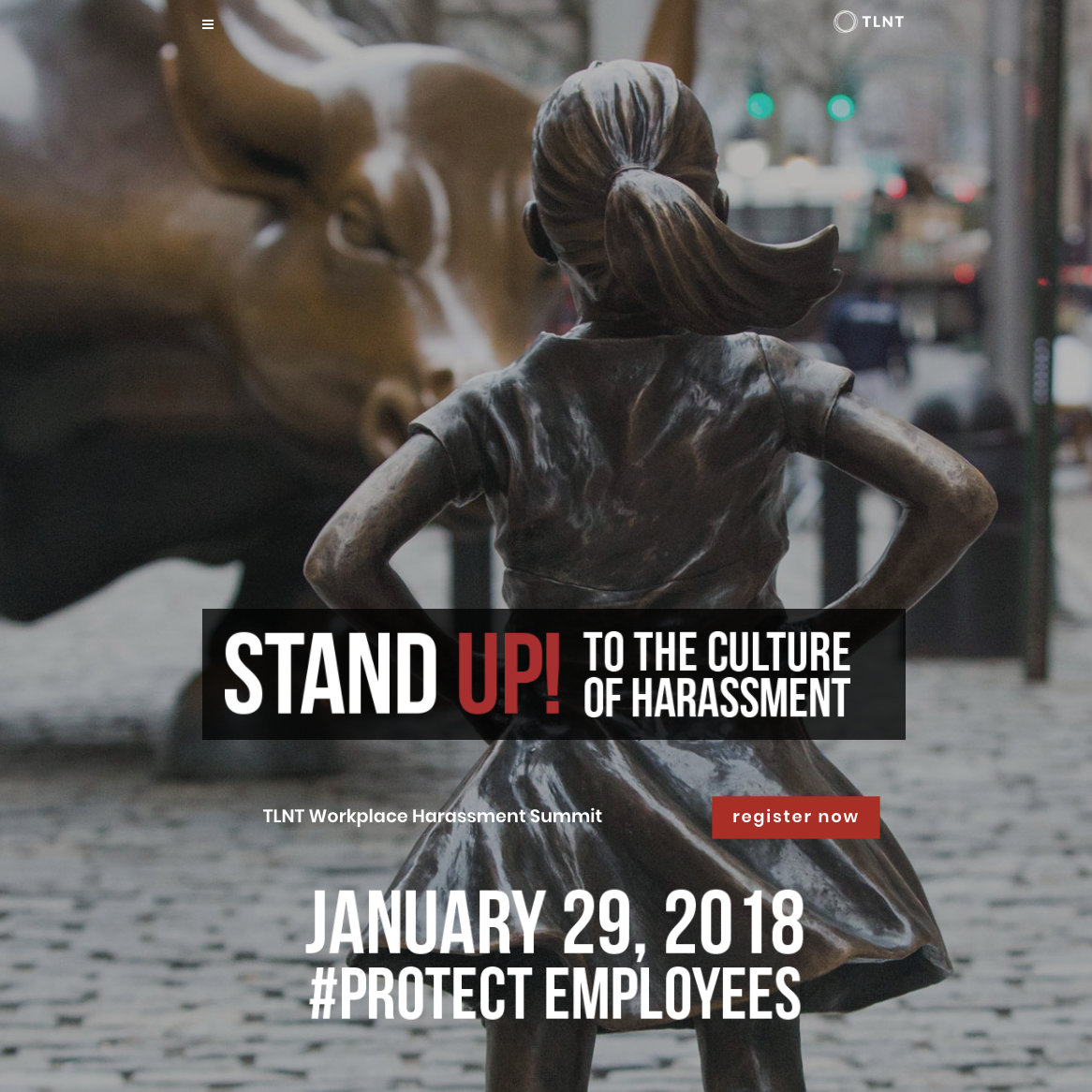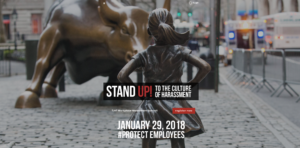
I live in a bizarre world.
I worked in human resources. Have my own #MeToo career stories from fellow HR professionals. Appearing as a featured speaker at a Workplace Harassment conference where I’m trying to have a candid conversation with HR professionals about our collective role in failing to protect employees. And now I’m getting angry email messages from HR practitioners who wonder why I’m picking on them.
“It’s not helpful to throw HR under the bus.”
Listen, it is easy to throw HR under a bus. Too easy. I could drink a bottle of champagne, take some Ambien, sleep for twelve hours, roll out of bed in a medicated fog, skip my morning coffee and still eloquently throw HR under a bus. However, it’s not my job to be disrespectful to the HR profession. It’s not even my hobby, although the champagne and Ambien part sounds like some middle-aged fun.
My job is to help HR teams reconcile some essential truths and focus on what’s next. But we can’t move forward unless we admit that we’re historically bad on harassment. All kinds. We don’t know the law, we don’t truly understand risk, and we acquiesce power to “leadership” and claim that we have no control because we are too scared to take a stand.
Also, many HR teams aren’t emotionally or intellectually rigorous enough to understand the nuances of harassment. Nobody is asking you to believe all claims outright and fire people on the spot. But if someone came to you and said the bathroom is on fire, you’d take them seriously and have a look. Can’t you apply that same tiered-thinking to harassment?
I could complain about what’s wrong with HR and harassment for days. We need a public reckoning. But I’m also ready to talk about #whatsnext. We can change our thinking, listen to stories more carefully, and even use existing tools and technology — from Excel to Outlook to cybersecurity platforms that flip digital forensics on its head and try to search for employee incidents before they happen — to do our jobs better and get ahead of future harassment claims.
If you work in HR and love it, you have to embrace the good with the bad. Nobody is throwing HR under a bus, but it’s time to admit that the #MeToo movement is an indictment of human resources. So, we must do better. We can do better. It starts with HR. Hope to see you at the Harassment Summit in January.

Um, yeah, you are. I have real problems with this. I know the law, I understand the risk, and I’m far from “scared” to make strong recommendations about how to respond to sexual harassment. I’m an advocate for our employees. But don’t make HR the fall guy when HR makes recommendations about a harasser and management refuses to take action. That’s giving me responsibility without authority. And this from a New York Times article: “When top executives ignore a Human Resources official’s recommendation about how to end discrimination or harassment, the official typically has only one form of recourse: Leave the company.” No, thank you. I’m going to leave a job and career I’ve devoted myself to because of some dirtbag sexual predator? That’s compounding the abuse by making one more person a victim. If HR is ineffective, perhaps it’s because we’ve not been permitted to be effective. Give HR the authority to discipline or fire, and you’ll see a dramatic change in workplace culture around bullying and harassment, or else don’t blame us. We need a sea change in attitudes toward harassers — and HR — in the workplace.